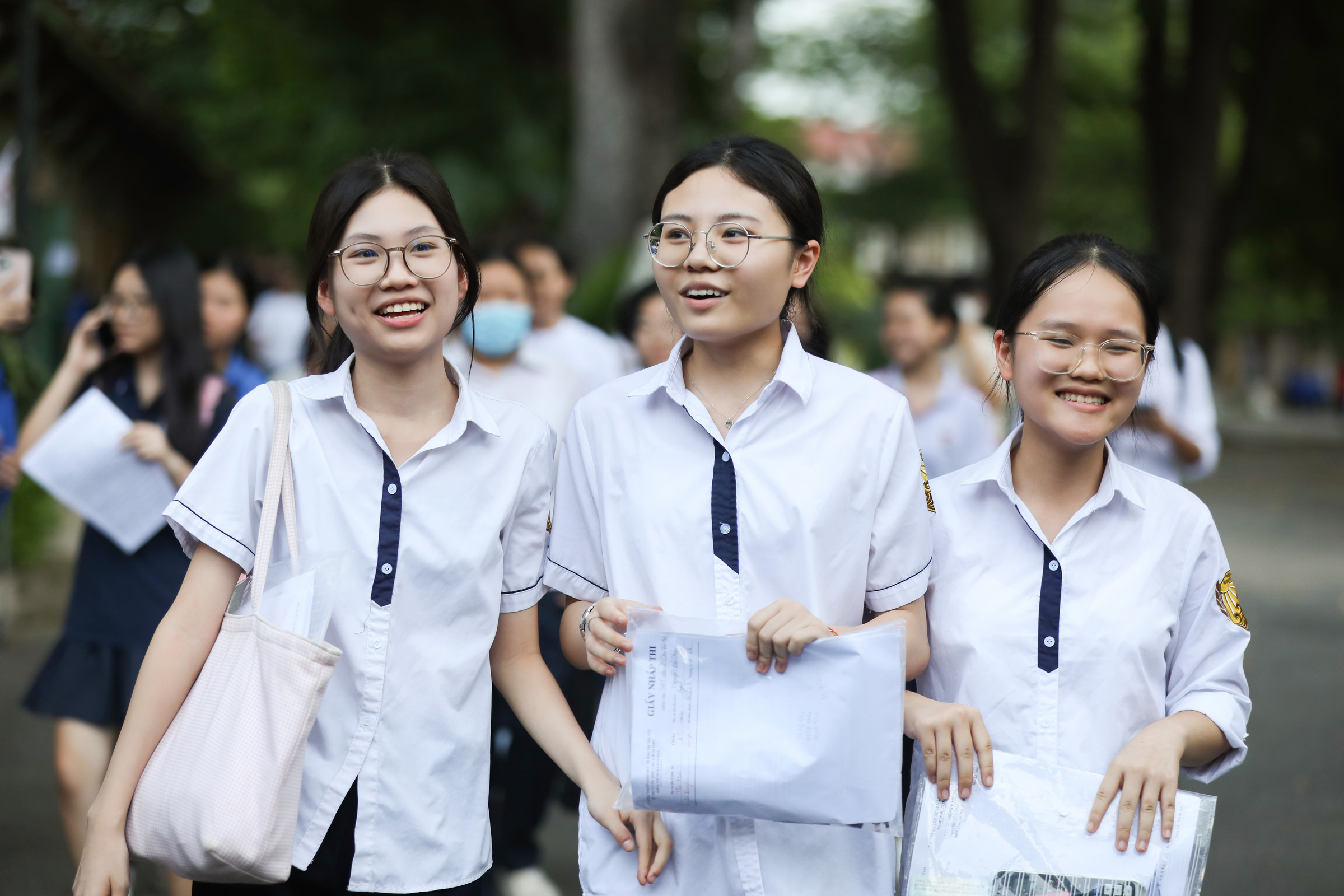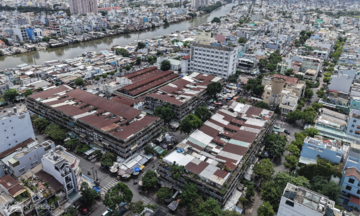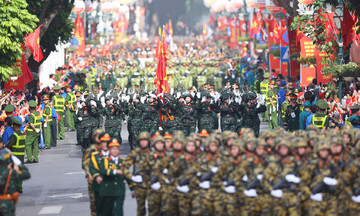According to Decree 238, effective from 3/9, the tuition exemption policy also applies to individuals recognized for their contributions to the revolution; students with disabilities; young people aged 16 to 22 pursuing their first bachelor's degree who are receiving social assistance; and orphans without guardians studying at vocational, college, or university levels.
Students in government-sponsored programs, including those in vocational boarding schools for three months or more, are also exempt from tuition. This policy covers students in university preparatory programs and pre-university departments; ethnic minority students whose parents or grandparents are from poor or near-poor households. Students majoring in Marxism-Leninism and Ho Chi Minh Thought; and postgraduate students in specialized medical fields like psychiatry, anatomical pathology, forensic medicine, infectious diseases, and emergency resuscitation at public institutions are also exempt.
Ethnic minority students from extremely disadvantaged areas; students in designated programs or projects that offer tuition exemptions; lower secondary school graduates continuing to vocational schools; students in fields with recruitment shortages but high societal demand; and those studying specialized fields serving socio-economic development, national defense, and security are also covered by the exemption.
 |
Students taking the 10th-grade entrance exam in Hanoi in 2025. Photo: Tung Dinh |
Students taking the 10th-grade entrance exam in Hanoi in 2025. Photo: Tung Dinh
Three groups receive tuition reductions
The government stipulates three student groups eligible for a 70% tuition reduction: those studying traditional and specialized arts like folk opera musicians, Southern amateur music performers, ca tru (ceremonial singing), bai choi (singing game), traditional instrumentalists; students majoring in genres like royal court music, cheo (classical opera), tuong (classical opera), cai luong (reformed opera), dance, circus performance, or certain strenuous or hazardous occupations; and ethnic minority students (excluding extremely small groups) residing in especially disadvantaged villages, communes in level-3 regions, coastal, and island areas.
In addition, students whose parent receives regular benefits due to occupational accidents or diseases will receive a 50% tuition reduction.
Preschool and K-12 students in private institutions receive tuition support. Support is also extended to postgraduate students in private institutions specializing in areas like psychiatry, anatomical pathology, forensic medicine, infectious diseases, and emergency resuscitation.
Vu Tuan












